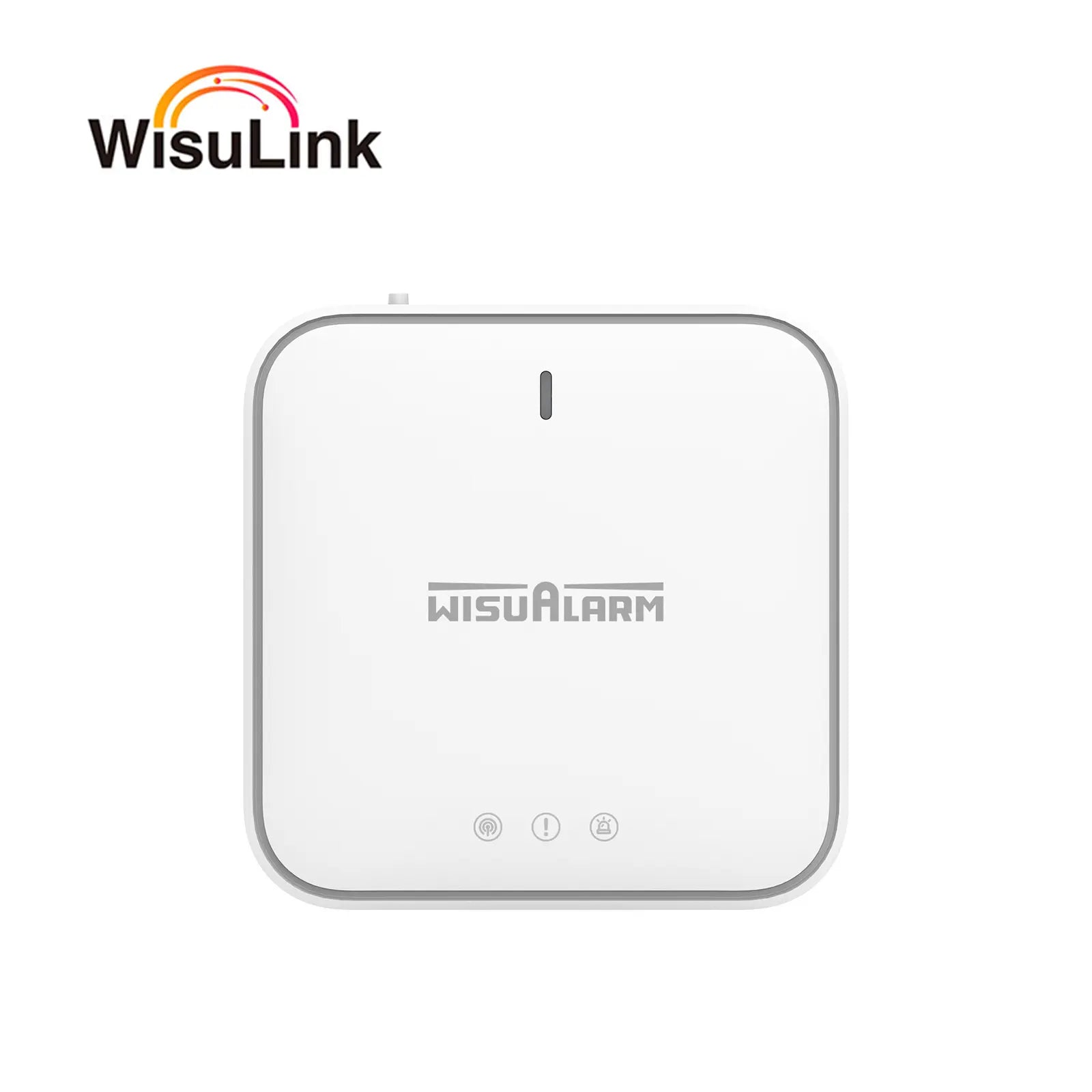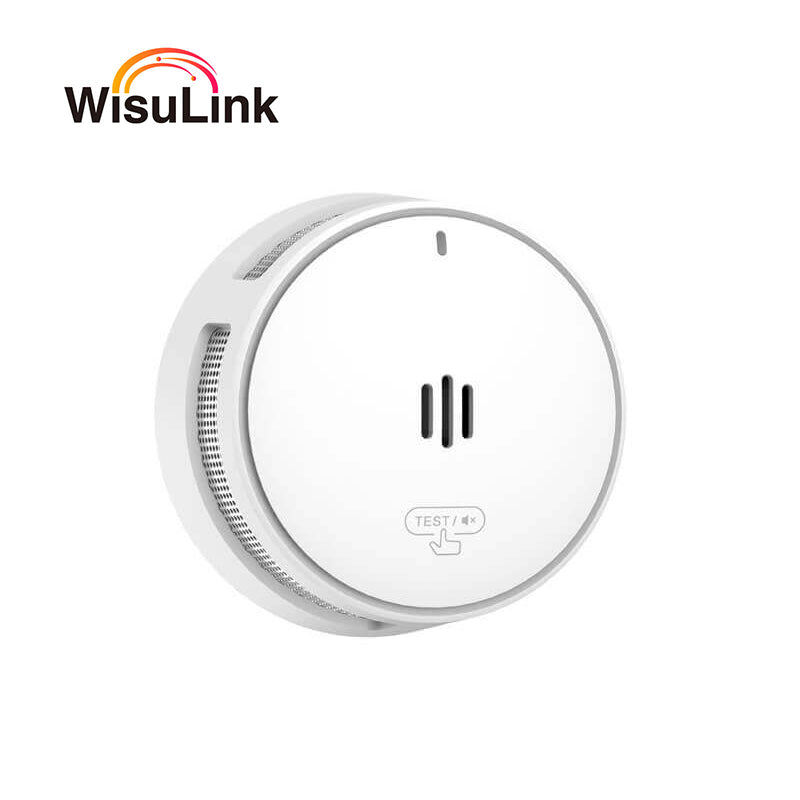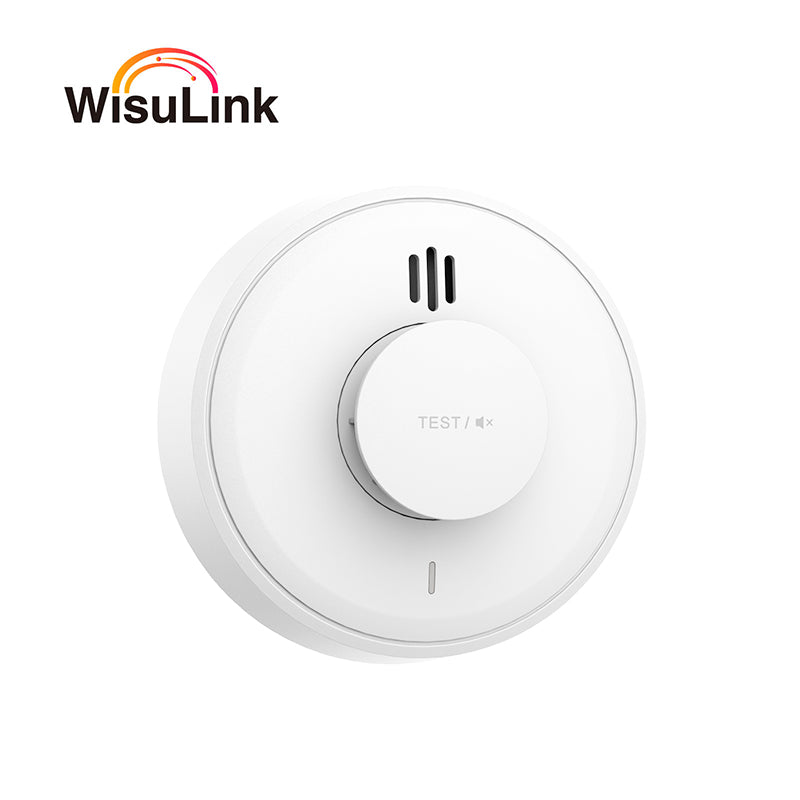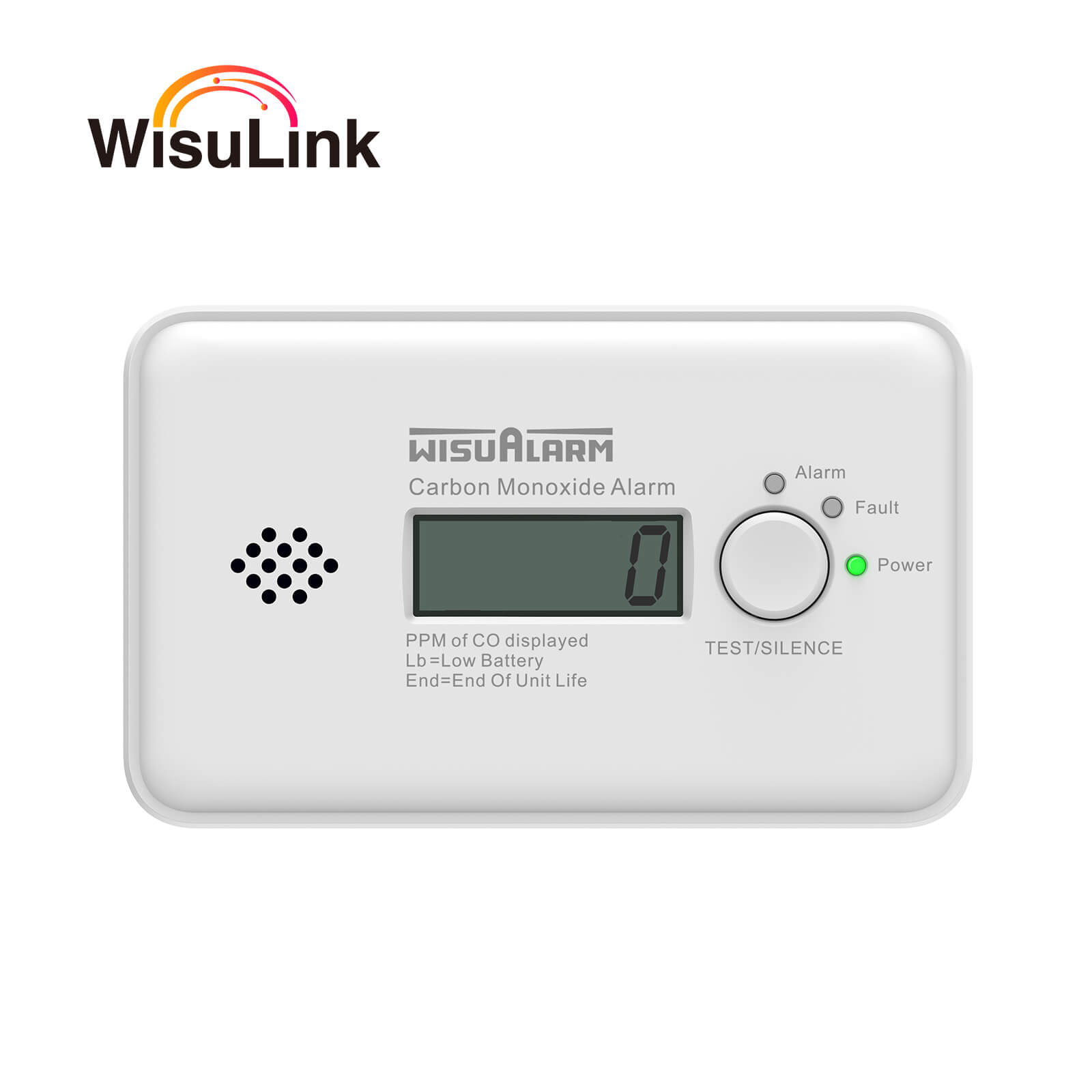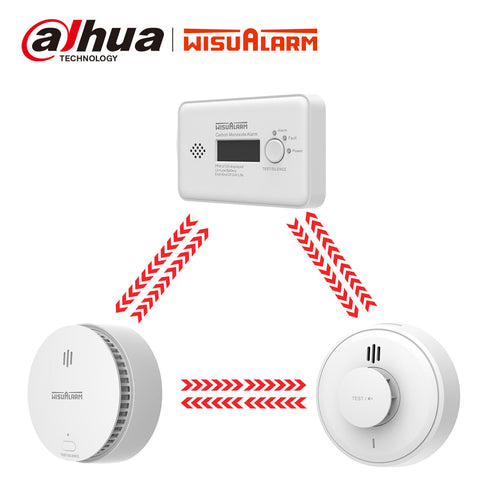
Carbon monoxide (CO) is an invisible, odorless, and deadly gas that can be produced by common household appliances such as gas stoves, furnaces, water heaters, and fireplaces. Because it is impossible to detect without proper equipment, CO poisoning can occur silently, leading to severe health risks—or even death.
This raises an important question: Is installing a carbon monoxide detector mandatory? The answer depends on local regulations and safety recommendations, but regardless of legal requirements, having one is a critical safety measure for every home.
Why You Need a Carbon Monoxide Detector
1. CO Poisoning Is a Silent Killer
Unlike smoke, which is visible and often has a distinct smell, carbon monoxide is completely undetectable to human senses. Early symptoms of CO poisoning—headaches, dizziness, nausea, and confusion—are often mistaken for the flu. Prolonged exposure can lead to unconsciousness, brain damage, or death.
2. Common Household Sources of CO
Many everyday appliances can produce CO if they malfunction or are improperly ventilated:
- Gas or oil furnaces
- Water heaters
- Fireplaces and wood stoves
- Gas stoves and ovens
- Generators and vehicles (if running in an attached garage)
Even a small leak can be dangerous over time, making a detector essential.
3. Legal Requirements Vary by Location
In many countries and states, carbon monoxide detectors are legally required in residential properties, especially in homes with fuel-burning appliances. For example:
- USA: Many states mandate CO detectors in homes, apartments, and rental properties.
- UK: Since 2015, landlords must install CO detectors in rooms with solid fuel burners.
- Canada: Most provinces require detectors near sleeping areas.
Even if not legally required in your area, installing one is a smart precaution.
4. Early Detection Saves Lives
A functioning CO detector provides an early warning, allowing you to evacuate and call emergency services before poisoning becomes severe. The CDC recommends placing detectors:
- Near sleeping areas (to wake you at night)
- On every floor of your home
- Away from windows or vents (to avoid false readings)
Choosing the Right Carbon Monoxide Detector
Not all CO detectors are created equal. When selecting one, consider:
✔ Battery-powered vs. hardwired – Battery-operated models are easier to install, while hardwired ones (with battery backup) offer continuous protection.
✔ Digital display – Shows real-time CO levels for better awareness.
✔ Smart alerts – Some models send notifications to your phone if CO is detected.
✔ Interconnectivity – If one alarm goes off, all connected alarms sound (ideal for multi-story homes).
Protect Your Home with Wisualarm’s Carbon Monoxide Detector
For reliable, advanced protection, Wisualarm’s Carbon Monoxide Detector offers:
- Instant CO Detection – Alerts you at the first sign of danger.
- 10-Year Sealed Battery – No frequent battery changes needed.
- Smartphone Alerts – Get real-time warnings on your phone, even when you’re away.
- Loud Alarm & Voice Alerts – Ensures everyone in the house is alerted.
- Easy Installation – No wiring required; place it anywhere for immediate safety.
Don’t wait for an emergency—secure your home today!
Visit Wisualarm’s website to learn more and order yours now.
Final Thoughts
While legal requirements vary, the need for a carbon monoxide detector is universal. CO poisoning is preventable—but only if you have a working detector. Invest in your family’s safety and ensure your home is protected with a high-quality CO alarm.
Stay safe, stay alert!









